Dried figs are a powerhouse of nutrition, packed with essential vitamins and minerals that can provide a significant boost to iron levels in the body. These delectable fruits offer a convenient and delicious way to incorporate more iron into your diet, especially for individuals who may be deficient in this vital nutrient. Iron is an essential mineral that plays a crucial role in various bodily functions, including the production of red blood cells, transportation of oxygen, and maintenance of overall health. An iron deficiency can lead to fatigue, weakness, inability to concentrate, and even more severe health complications if left untreated. Incorporating iron-rich foods like dried figs into your diet can help prevent and alleviate these symptoms, ensuring that your body functions optimally.
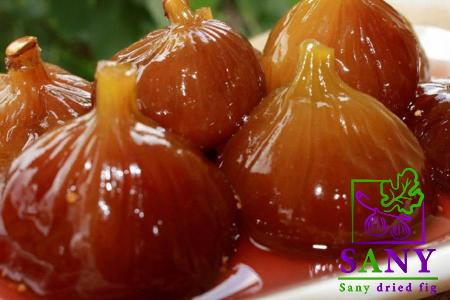
.
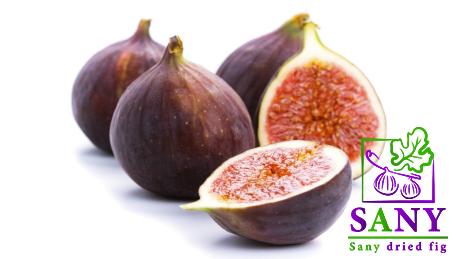 Dried figs are particularly rich in iron, making them an excellent choice for individuals looking to increase their intake of this essential mineral. Just a few servings of dried figs can provide a significant amount of iron, helping to meet your daily requirements and support overall health and well-being. In addition to their iron content, dried figs are also a good source of other essential nutrients, including fiber, potassium, magnesium, and vitamins such as vitamin A, vitamin K, and various B vitamins. This nutritional profile makes dried figs a well-rounded and beneficial addition to your diet, offering a range of health benefits beyond just boosting iron levels. One of the key advantages of dried figs is their convenience and versatility. These nutrient-packed fruits can be easily incorporated into a variety of dishes, making it simple to enjoy their benefits on a regular basis. Whether added to oatmeal, yogurt, salads, or baked goods, dried figs provide a sweet and flavorful addition that enhances both the taste and nutritional value of your meals. For those who may not enjoy the taste of fresh figs, dried figs offer a convenient alternative that can be enjoyed on their own as a snack or used in cooking and baking to add natural sweetness and a unique flavor profile to a wide range of dishes. Their chewy texture and rich, sweet taste make them a popular choice for both sweet and savory recipes, adding depth and complexity to dishes while providing a nutritional boost.
Dried figs are particularly rich in iron, making them an excellent choice for individuals looking to increase their intake of this essential mineral. Just a few servings of dried figs can provide a significant amount of iron, helping to meet your daily requirements and support overall health and well-being. In addition to their iron content, dried figs are also a good source of other essential nutrients, including fiber, potassium, magnesium, and vitamins such as vitamin A, vitamin K, and various B vitamins. This nutritional profile makes dried figs a well-rounded and beneficial addition to your diet, offering a range of health benefits beyond just boosting iron levels. One of the key advantages of dried figs is their convenience and versatility. These nutrient-packed fruits can be easily incorporated into a variety of dishes, making it simple to enjoy their benefits on a regular basis. Whether added to oatmeal, yogurt, salads, or baked goods, dried figs provide a sweet and flavorful addition that enhances both the taste and nutritional value of your meals. For those who may not enjoy the taste of fresh figs, dried figs offer a convenient alternative that can be enjoyed on their own as a snack or used in cooking and baking to add natural sweetness and a unique flavor profile to a wide range of dishes. Their chewy texture and rich, sweet taste make them a popular choice for both sweet and savory recipes, adding depth and complexity to dishes while providing a nutritional boost.
..
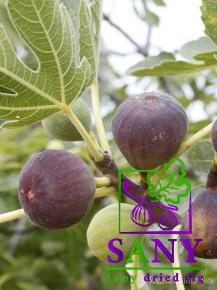 Incorporating dried figs into your diet is a simple and effective way to increase your iron intake and support overall health. By enjoying these delicious fruits regularly, you can not only improve your iron levels but also benefit from a wide range of essential nutrients that contribute to your well-being. In conclusion, dried figs are a nutritious and delicious option for boosting iron levels and supporting overall health. With their rich iron content, versatile use in cooking and baking, and pleasant flavor profile, dried figs are an excellent choice for individuals looking to optimize their nutrient intake and enjoy a tasty addition to their diet. Make dried figs a regular part of your meal planning and experience the many benefits they have to offer for your health and well-being. In addition to their high iron content and versatility in cooking, dried figs also offer a range of other health benefits that make them a valuable addition to your diet. One notable benefit of dried figs is their high fiber content. Fiber is essential for digestive health, promoting regular bowel movements, supporting gut health, and helping to prevent constipation. Dried figs are a good source of both soluble and insoluble fiber, which can aid in maintaining a healthy digestive system and reducing the risk of digestive problems. Furthermore, the potassium content in dried figs contributes to heart health by helping to regulate blood pressure and support cardiovascular function. Potassium is a vital mineral that plays a key role in maintaining a healthy heart rhythm and preventing hypertension, making dried figs a heart-healthy choice for those looking to improve their cardiovascular well-being.
Incorporating dried figs into your diet is a simple and effective way to increase your iron intake and support overall health. By enjoying these delicious fruits regularly, you can not only improve your iron levels but also benefit from a wide range of essential nutrients that contribute to your well-being. In conclusion, dried figs are a nutritious and delicious option for boosting iron levels and supporting overall health. With their rich iron content, versatile use in cooking and baking, and pleasant flavor profile, dried figs are an excellent choice for individuals looking to optimize their nutrient intake and enjoy a tasty addition to their diet. Make dried figs a regular part of your meal planning and experience the many benefits they have to offer for your health and well-being. In addition to their high iron content and versatility in cooking, dried figs also offer a range of other health benefits that make them a valuable addition to your diet. One notable benefit of dried figs is their high fiber content. Fiber is essential for digestive health, promoting regular bowel movements, supporting gut health, and helping to prevent constipation. Dried figs are a good source of both soluble and insoluble fiber, which can aid in maintaining a healthy digestive system and reducing the risk of digestive problems. Furthermore, the potassium content in dried figs contributes to heart health by helping to regulate blood pressure and support cardiovascular function. Potassium is a vital mineral that plays a key role in maintaining a healthy heart rhythm and preventing hypertension, making dried figs a heart-healthy choice for those looking to improve their cardiovascular well-being.
…
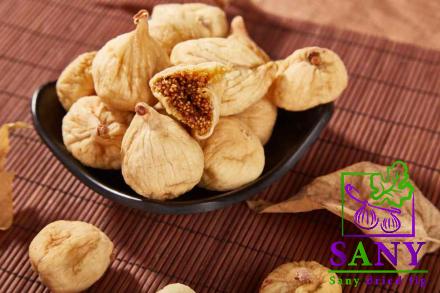 Moreover, dried figs are rich in antioxidants, including phenols and flavonoids, which help to fight oxidative stress and reduce inflammation in the body. These protective compounds can help to combat free radicals, which are harmful molecules that can damage cells and contribute to the development of chronic diseases such as cancer, heart disease, and neurodegenerative disorders. The vitamins and minerals found in dried figs, such as vitamin A, vitamin K, magnesium, and various B vitamins, also play important roles in supporting overall health and well-being. Vitamin A is essential for healthy vision, skin, and immune function, while vitamin K is necessary for blood clotting and bone health. Magnesium is crucial for muscle function, nerve function, and energy production, while B vitamins help to convert food into energy and support various metabolic processes in the body. When you choose to incorporate dried figs into your diet, you are not only benefiting from their iron-rich content but also enjoying a wide array of nutrients that can help to promote overall health and vitality. By making dried figs a regular part of your meal planning, you can support your body in numerous ways, from improving iron levels to boosting heart health, promoting digestion, and reducing inflammation. In conclusion, dried figs are a nutritional powerhouse that offers numerous health benefits beyond just their iron content. With their rich fiber, potassium, antioxidants, vitamins, and minerals, dried figs are a versatile and delicious addition to your diet that can help support your overall well-being. Whether enjoyed on their own as a snack or incorporated into various dishes, dried figs provide a convenient and tasty way to increase your nutrient intake and enhance your health. Make dried figs a staple in your pantry and reap the rewards of these nutrient-dense fruits for a healthier, happier you.
Moreover, dried figs are rich in antioxidants, including phenols and flavonoids, which help to fight oxidative stress and reduce inflammation in the body. These protective compounds can help to combat free radicals, which are harmful molecules that can damage cells and contribute to the development of chronic diseases such as cancer, heart disease, and neurodegenerative disorders. The vitamins and minerals found in dried figs, such as vitamin A, vitamin K, magnesium, and various B vitamins, also play important roles in supporting overall health and well-being. Vitamin A is essential for healthy vision, skin, and immune function, while vitamin K is necessary for blood clotting and bone health. Magnesium is crucial for muscle function, nerve function, and energy production, while B vitamins help to convert food into energy and support various metabolic processes in the body. When you choose to incorporate dried figs into your diet, you are not only benefiting from their iron-rich content but also enjoying a wide array of nutrients that can help to promote overall health and vitality. By making dried figs a regular part of your meal planning, you can support your body in numerous ways, from improving iron levels to boosting heart health, promoting digestion, and reducing inflammation. In conclusion, dried figs are a nutritional powerhouse that offers numerous health benefits beyond just their iron content. With their rich fiber, potassium, antioxidants, vitamins, and minerals, dried figs are a versatile and delicious addition to your diet that can help support your overall well-being. Whether enjoyed on their own as a snack or incorporated into various dishes, dried figs provide a convenient and tasty way to increase your nutrient intake and enhance your health. Make dried figs a staple in your pantry and reap the rewards of these nutrient-dense fruits for a healthier, happier you.
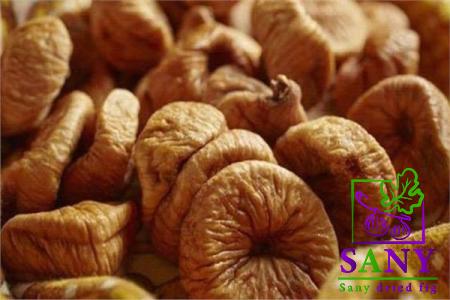
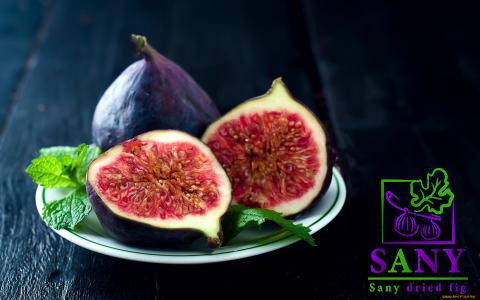
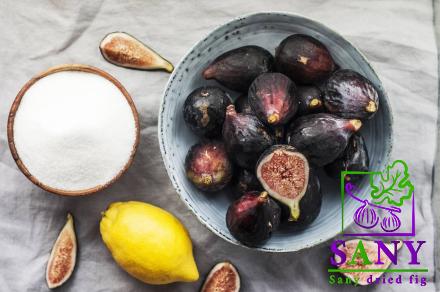
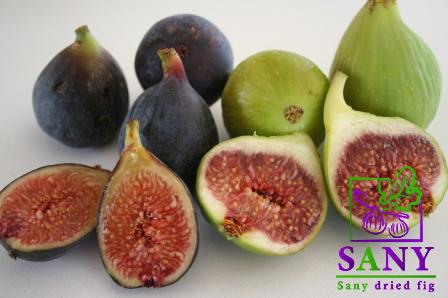

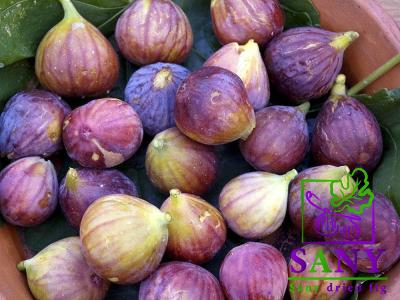
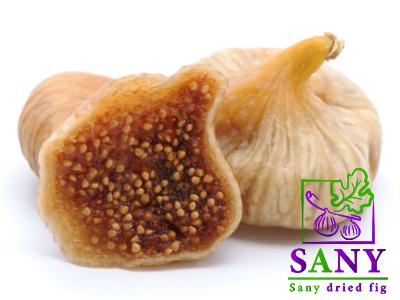
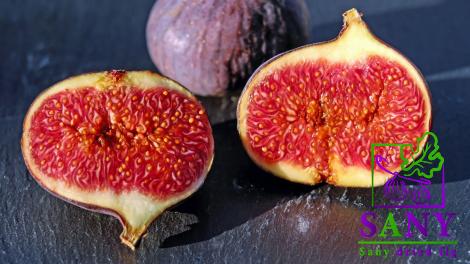

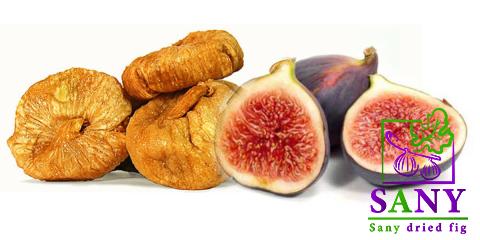
Your comment submitted.